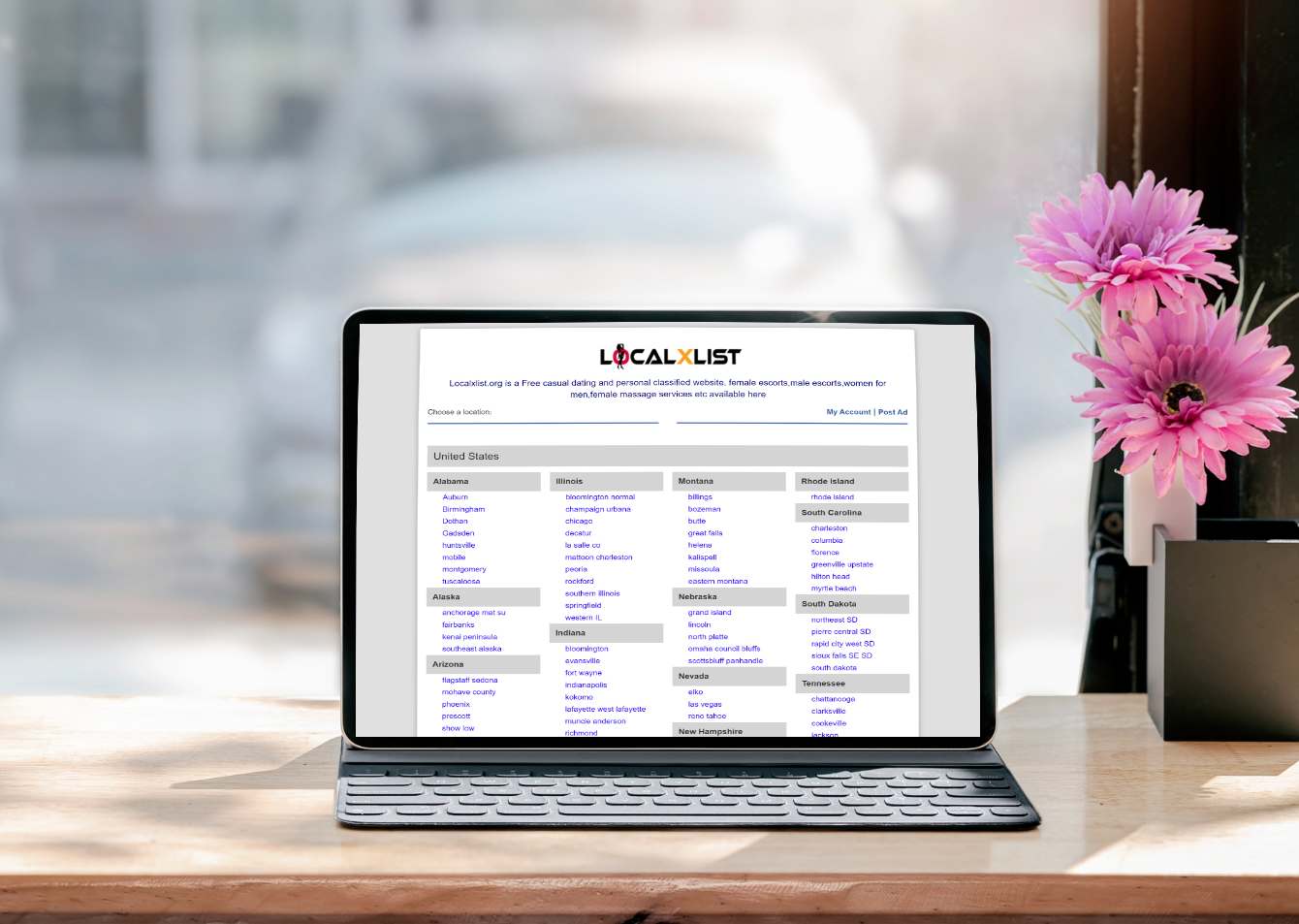Preparing for the CPA exam can feel like an overwhelming process. With multiple exam sections, time pressure, and a vast amount of content to master, many candidates turn to a CPA exam tutor for personalized support. But here’s something most don’t realize: your success doesn’t just depend on having a tutor—it depends on choosing the best CPA exam tutor for your learning style.
The right tutor won’t just teach you the material; they’ll teach it in a way that matches how you absorb information best. In this guide, we’ll break down exactly how to choose a CPA tutor that helps you study smarter, faster, and more effectively—tailored to how you learn.
Why Matching a Tutor to Your Learning Style Matters
Not everyone learns the same way. Some CPA candidates retain information through visuals, others through repetition or hands-on practice. A mismatch between a tutor’s teaching approach and your learning preferences can slow your progress and increase frustration.
When your CPA tutor aligns their methods with your style, you’re more likely to:
- Retain information longer
- Feel confident in applying concepts
- Stay motivated during your study plan
- Pass your exam on the first try
That’s why identifying your learning style is a critical first step before hiring a CPA exam tutor.
Step 1: Identify Your Learning Style
Before evaluating tutors, assess how you learn best. Here are four common learning styles:
Visual Learners
Prefer diagrams, charts, and written notes. You understand information best when it’s presented visually.
Auditory Learners
Absorb concepts by hearing explanations. You benefit most from lectures, podcasts, and verbal discussions.
Reading/Writing Learners
Retain information by reading and writing. You enjoy outlines, study guides, and manual-based learning.
Kinesthetic Learners
Learn through active engagement. You thrive on solving problems and interactive exercises.
Understanding this can help you filter for the best CPA exam tutor who uses compatible teaching methods.
Step 2: Find a Tutor Who Personalizes Their Approach
Generic tutoring rarely delivers strong results. A top-tier CPA exam tutor will ask about your learning style and customize sessions accordingly.
Ask prospective tutors:
- “How do you tailor lessons to match learning styles?”
- “Do you use visual aids, practice problems, or interactive tools?”
- “Can you adjust your teaching methods if needed?”
Reputable platforms like Andrew Katz Tutoring are known for personalizing CPA tutoring to each student’s strengths, offering a clear advantage over one-size-fits-all services.
Step 3: Evaluate CPA-Specific Experience
The CPA exam is a technical and challenging certification. Your tutor should have:
- Deep familiarity with all four exam sections (FAR, AUD, REG, and BAR)
- Knowledge of AICPA’s exam structure and scoring
- Up-to-date understanding of recent CPA exam changes
- Strategies to help candidates manage exam anxiety and time
Choosing a CPA tutor who has successfully helped others pass the exam—preferably with testimonials—is a must.
Step 4: Look for Compatible Study Materials
Effective CPA tutoring includes access to resources that support your learning style. Ask your tutor what tools or materials they provide.
For example:
Visual Learners may benefit from:
- Concept maps
- Color-coded flashcards
- Slide presentations
Auditory Learners may prefer:
- Recorded sessions
- Live discussions
- Verbal recaps
Reading/Writing Learners often do best with:
- Structured notes
- Detailed outlines
- CPA textbooks
Kinesthetic Learners respond well to:
- Practice exams
- Case studies
- Interactive whiteboarding tools
The best CPA exam tutor will incorporate these resources into your study plan—not just rely on generic handouts.
Step 5: Prioritize Accountability and Flexibility
Your tutor should do more than explain content. Look for a CPA exam tutor who:
- Tracks your weekly progress
- Adjusts the study plan based on performance
- Offers flexible scheduling
- Encourages frequent practice exams
- Prepares you for the real test environment
Tutors who are invested in your accountability can dramatically increase your chances of success on exam day.
Step 6: Check Reviews and Ask for a Trial Session
Before committing, ask to speak with former students or review online testimonials. Reputable tutors often offer a free or discounted trial session to help you assess their fit.
Look for signs that the tutor has helped students with different learning preferences and schedules. The best CPA exam tutors will confidently show you their results.
Key Questions to Ask a CPA Tutor
Here’s a shortlist of important questions to guide your selection:
- Do you customize your tutoring approach based on learning styles?
- What is your experience with the CPA exam specifically?
- What study tools or resources do you provide?
- How often do you check in on progress?
- Can I see a sample study schedule or sit in on a session?
Taking the time to ask these questions ensures that you choose a tutor who meets your learning needs and academic goals.
Why Andrew Katz Tutoring Is a Top Choice
If you’re looking for a tutoring service that emphasizes a custom approach, CPA expertise, and proven success, Andrew Katz Tutoring offers an ideal solution. With years of experience guiding accounting students to exam success, their personalized CPA tutoring programs are designed to match your pace, style, and goals.
Whether you’re balancing full-time work or retaking a failed section, their one-on-one tutoring ensures you’re supported every step of the way.
Conclusion
Passing the CPA exam isn’t about working harder—it’s about working smarter. That starts with finding the best CPA exam tutor for your learning style. When you do, you’ll study more efficiently, build stronger confidence, and dramatically increase your chances of passing on the first try.




